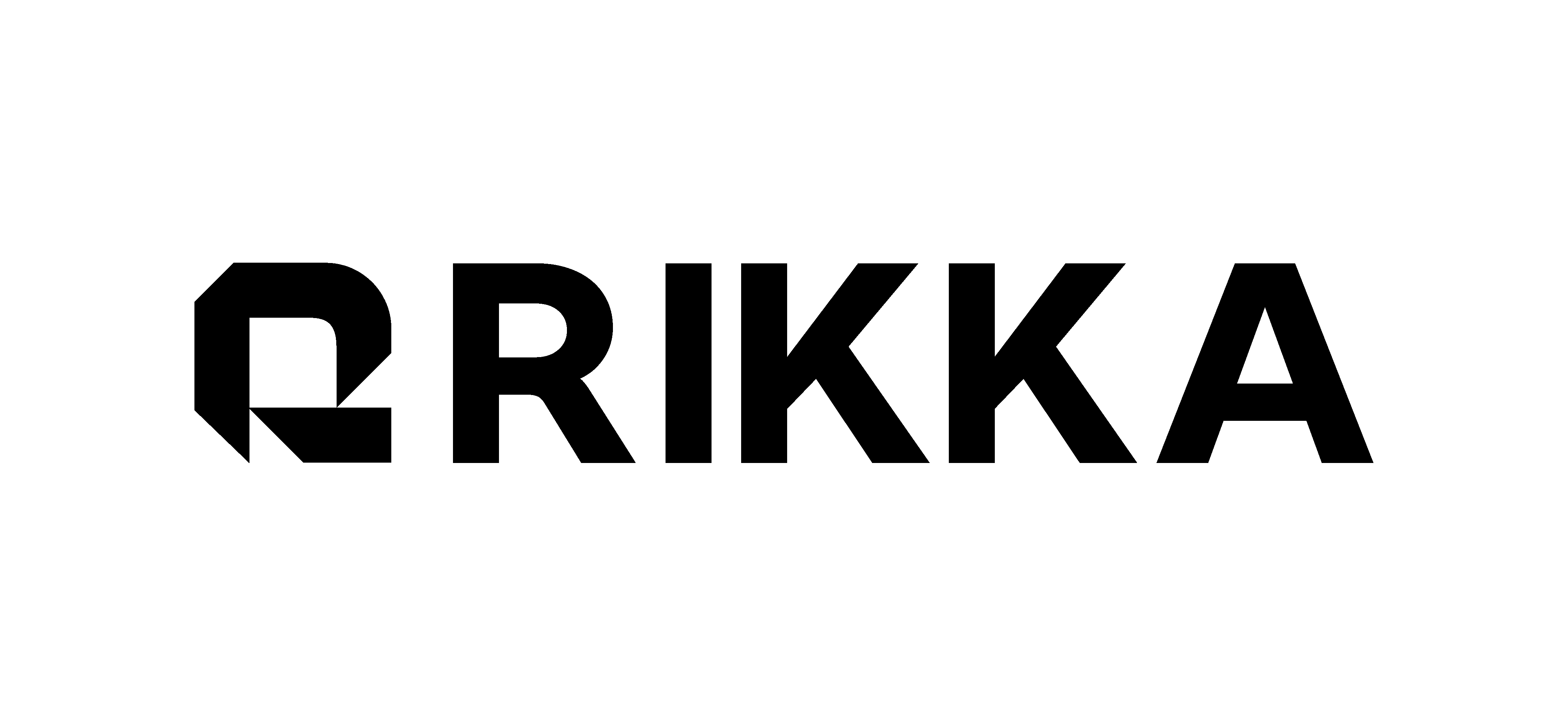“Sell,” “selling,” “sale,” or “sold,’’ means selling, renting, releasing, disclosing, disseminating, making available, transferring, or otherwise communicating orally, in writing, or by electronic or other means, a consumer’s personal information by the business to a third party for monetary or other valuable consideration.
(2) For purposes of this title, a business does not sell personal information when:
(A) A consumer uses or directs the business to intentionally:
(i) Disclose personal information.
(ii) Interact with one or more third parties.
(B) The business uses or shares an identifier for a consumer who has opted out of the sale of the consumer’s personal information or limited the use of the consumer’s sensitive personal information for the purposes of alerting persons that the consumer has opted out of the sale of the consumer’s personal information or limited the use of the consumer’s sensitive personal information.
(C) The business transfers to a third party the personal information of a consumer as an asset that is part of a merger, acquisition, bankruptcy, or other transaction in which the third party assumes control of all or part of the business, provided that information is used or shared consistently with this title. If a third party materially alters how it uses or shares the personal information of a consumer in a manner that is materially inconsistent with the promises made at the time of collection, it shall provide prior notice of the new or changed practice to the consumer. The notice shall be sufficiently prominent and robust to ensure that existing consumers can easily exercise their choices consistently with this title. This subparagraph does not authorize a business to make material, retroactive privacy policy changes or make other changes in their privacy policy in a manner that would violate the Unfair and Deceptive Practices Act (Chapter 5 (commencing with Section 17200) of Part 2 of Division 7 of the Business and Professions Code).


